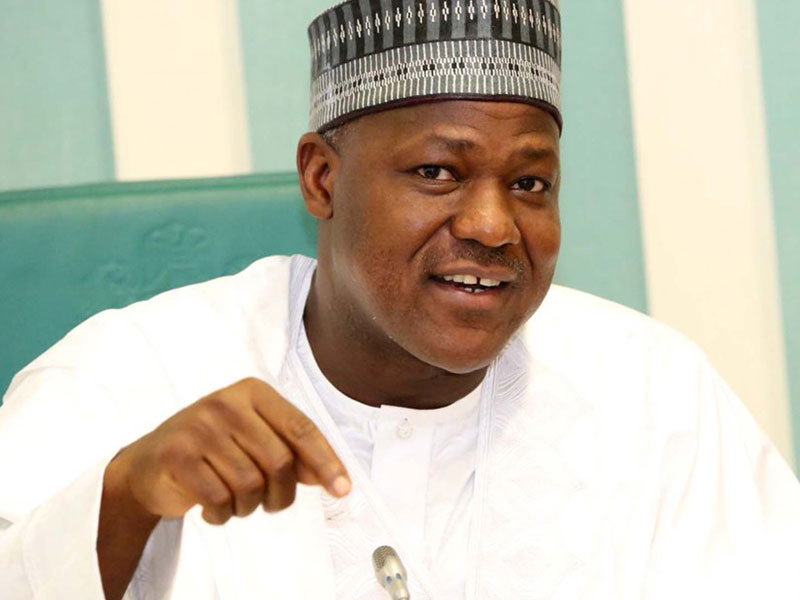South Africa’s Struggle to Get Off the Grey List: A Battle of Political Will and Financial Integrity
Despite being Africa’s most sophisticated economy, South Africa continues to grapple with the Financial Action Task Force’s (FATF) grey list due to its shortcomings in combating money laundering and terrorist financing. While smaller African countries like Botswana, Mauritius, Morocco, and Zimbabwe have successfully been removed from the list, South Africa’s prominent financial hub status seems to be working against it.
The FATF, an intergovernmental body assessing countries’ ability to combat illicit financial activities, placed South Africa on the grey list a year ago. Government leaders optimistically predicted a quick removal, but analysts foresaw a longer timeline. Recent updates from the country’s Treasury reveal that South Africa will remain on the list for at least another year, with five technical deficiencies still unresolved.
The warning signs were evident by the end of 2022, leading to urgent legislation to avoid greylisting, which unfortunately occurred in February 2023. This listing not only tarnished South Africa’s reputation but also posed economic challenges by deterring foreign investment and increasing business costs.
FATF’s criticism of South Africa’s lax anti-money laundering measures highlighted the country’s failure to prosecute individuals linked to state capture, further exacerbating its situation. The country’s progress in addressing these deficiencies will be reevaluated in February 2025, with significant efforts required from relevant authorities to demonstrate sustainable improvements.
While other African countries showcased greater political will in combating financial crimes, South Africa’s struggle could be attributed to ideological resistance within the government. The opposition party’s finance spokesperson emphasized the need for political will to interdict illicit funds and terrorist financing, suggesting a lack of commitment from government officials.
Experts believe that structural damage inflicted by state capture on law enforcement agencies has hindered South Africa’s progress in prosecuting money laundering cases. The country’s path to delisting may require successful prosecutions under terrorist legislation, indicating a prolonged stay on the grey list.
FATF’s grey list has brought the issue of terrorist financing to the forefront in Africa, with South Africa becoming a battleground for combating such activities. Strengthened collaboration between the government, corporate sector, and civil society is crucial in the fight against terrorism and terrorist financing.
While some analysts point to the lack of top-down leadership as a hindrance to South Africa’s delisting, others emphasize the need for a comprehensive effort involving all relevant departments. With uncertainties looming over the country’s removal from the grey list, it seems South Africa’s journey towards financial integrity will be a challenging one, potentially extending into 2026.



